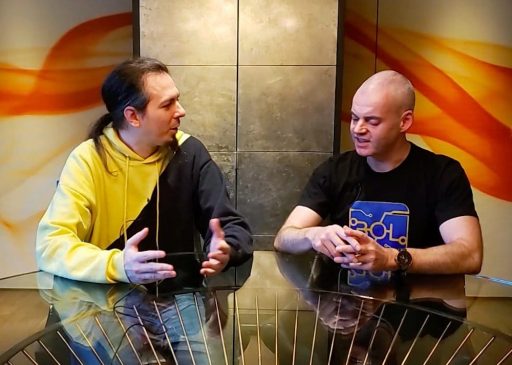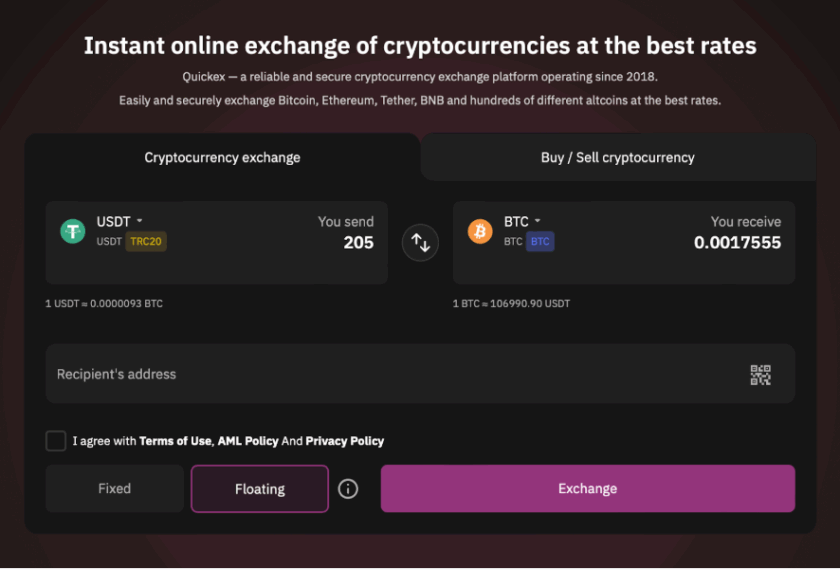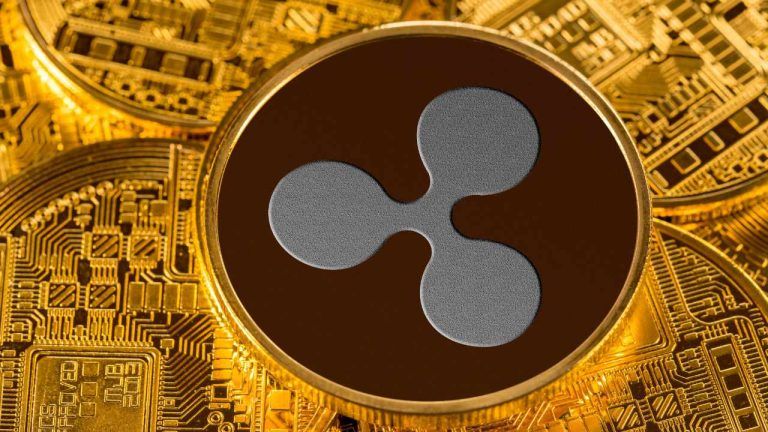BCH Instant Payments on Avalanche, Forks and More With Amaury Sechet
December 24, 2018 by Jon Southurst
Amaury Sechet is the lead developer for Bitcoin ABC, the most-used protocol software for Bitcoin Cash. The recent hard fork, and surrounding controversies, have made him a reluctant spokesperson for adjustments to the way BCH works. What are some of those issues, and how will they affect the community? Bitsonline sat down for a half hour chat with Sechet at the recent Global Blockchain Developers’ Conference in Hong Kong to hear more about those battles, instant confirmations on BCH with Avalanche, and other plans for the future.
Also see: No Time for Bear Markets! BCH, Blockchain Devs Too Busy Building the Future
Subscribe to the Bitsonline YouTube channel for great videos featuring industry insiders & experts
Sechet: Stop Arguing About the ‘Real Bitcoin’ and Build Something Useful

The (November 2018 BCH) fork is more an event that reveals some problems rather than creating them,” Sechet says, adding the resulting “chaos” probably exacerbated BCH’s price woes in a market that was already falling for all cryptocurrencies.
Eventually, he says, it’s the coin that proves most useful that will gain trust and value, rather than arguments over which is “the real Bitcoin”. Social media wars and personal sniping over details won’t do much to build value for anyone.
How Avalanche Confirms BCH Transactions in Seconds
Sechet goes on to talk about Avalanche, a consensus mechanism built to enable BCH transactions that are “as instant as possible” — even within a few seconds. One barrier to merchant adoption is concerns over (comparatively) long confirmation times, and whether bad actors could exploit other methods designed to work around these, by attempting a “double spend”.
This is actually a big problem in BTC and potentially BCH too, Sechet says.
Double spending is where a user broadcasts a transaction to more than one recipient to the BCH (or any other blockchain cryptocurrency) network almost simultaneously, or before one is confirmed. That’s impossible if a recipient can wait for the generally-required six confirmations, but possible if they’ll accept a payment as complete before those blocks are confirmed.
A mechanism like Avalanche would query mining nodes at random to find out which transaction they consider to be the first. The transaction with the highest approval count would be accepted as the valid one.
Watch the entire interview to find out more about how avalanche works, when Sechet expects it to be ready, and how it differs from similar solutions to the confirmation time problem on other protocols such as Bitcoin BTC’s Lightning Network, Bitcoin SV… and even Ripple. He also talks about the BCH roadmap and scaling plans other than Avalanche, and development teams plan to tackle the challenges.
Do you think Bitcoin Cash is heading in the right direction? Feel free to share your thoughts in the comments section.
Images and video via Bitsonline, Jon Southurst




